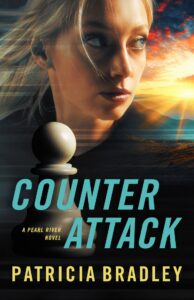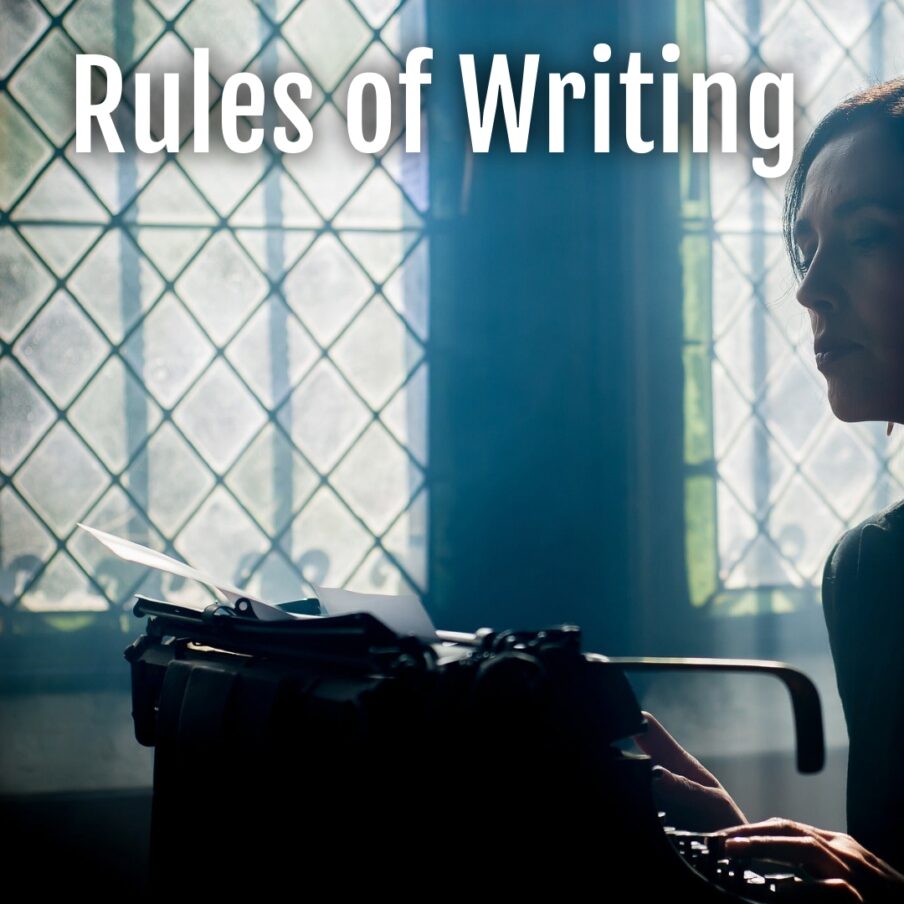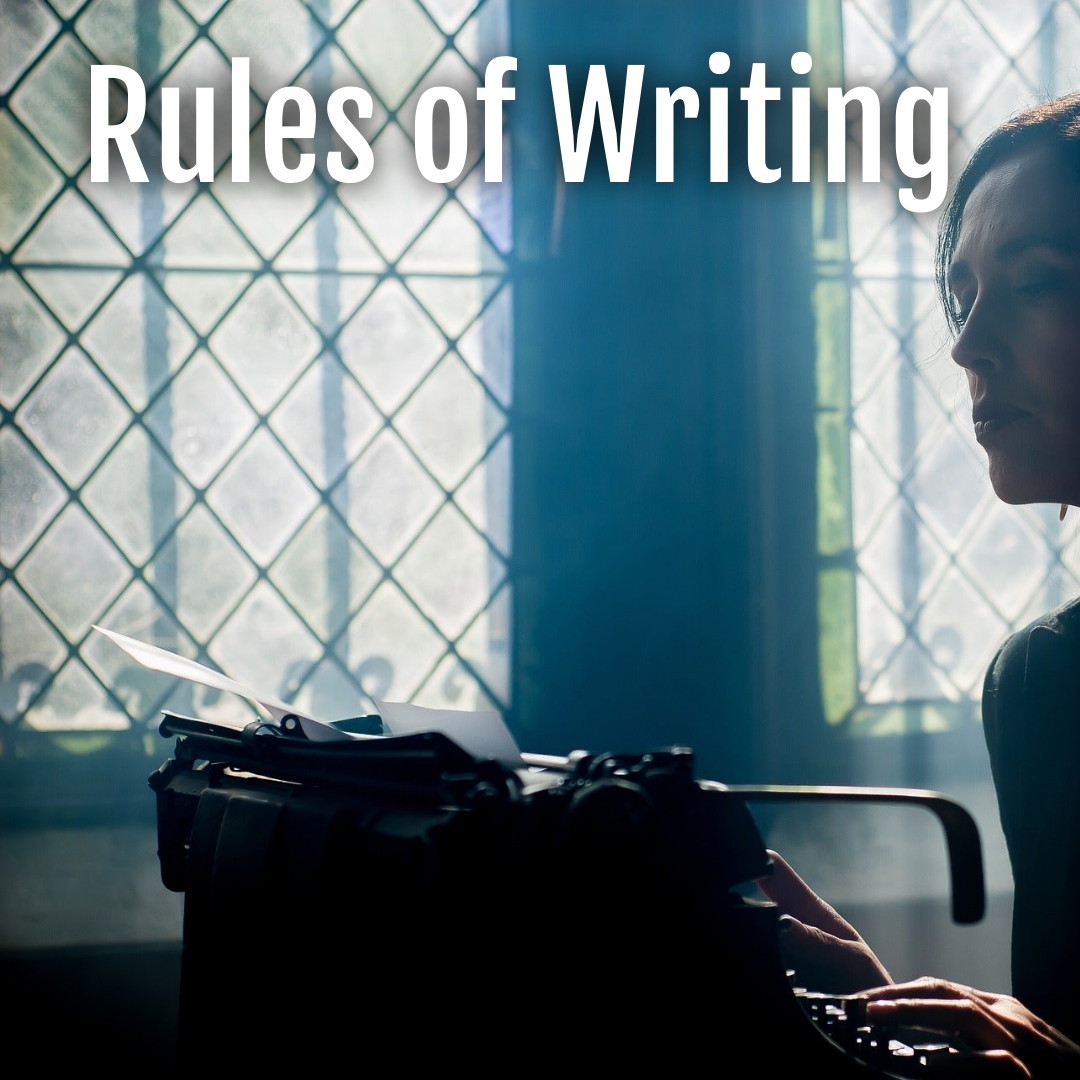by Patricia Bradley, @PTBradley1
I often see rules of writing given by famous authors, so this month I thought I’d explore some of them.
- “Make a contract with the reader, and don’t break it.” — Dan Brown
In other words, don’t promise a romance at the beginning of a story and never show the couple advancing toward that romance. By the same token, don’t show a gun on the mantle in Chapter two and never use it in the story.
- “You learn to write because you’re a reader.” — Judy Blume
If you’re not reading, especially in your genre, you can’t expect to connect with your readers. Period. Writers need to be reading. I read every night before I go to bed—sometimes that’s a mistake because I get caught up in the story and it’s two a.m. before I know it!
- “Do not torture yourself.” — James Patterson
In other words, if you’re struggling with a scene to the point of despair, leave it and write something else. That happened to me with the book I just turned in. I stared at that blinking cursor until I wanted to scream. I write in Scrivener, and I finally clicked on a new scene and worked on an action scene I’d been looking forward to writing. While I worked on it, the girls in the attic figured out what the story needed.
- Never use an adverb to modify the verb “said”…he admonished gravely.
- Keep your exclamation points under control. You are allowed no more than two or three per 100,000 words of prose. – Both from Elmore Leonard and are self-explanatory.

Here are a few from George Orwell, and they too are all self-explanatory.
- Never use a metaphor, simile, or other figure of speech which you are used to seeing in print.
- Never use a long word where a short one will do.
- If it is possible to cut a word out, always cut it out.
- Never use the passive where you can use the active.
- Never use a foreign phrase, a scientific word, or a jargon word if you can think of an everyday English equivalent. (Unless you’re writing fantasy)
- Break any of these rules sooner than say anything outright barbarous.
My number one rule that I hear often from James Scott Bell: “Don’t bore the reader.” Not sure if he’s the one who originally said it, but he’s the one I hear most often use it.
So, do you agree with the experts? Do you have any rules to add? Oh, and if you know the craft well enough, you can break any rule if you do it cleverly.

No sooner has Alexis Stone been sworn in as the interim sheriff for Russell County, Tennessee, when a serial killer dubbed the Queen’s Gambit Killer strikes again–this time in her hometown. Pearl Springs is just supposed to be a temporary stop along the way to Alex’s real dream: becoming the first female police chief of Chattanooga. But the killer’s calling card–a white pawn and a note with a chess move printed on it–cannot be ignored.
Pearl Springs chief of police Nathan Landry can’t believe that his high school sweetheart Alexis (he refuses to call her Alex) is back in town, and he can’t help wanting to protect the woman he never stopped loving. But as the danger mounts and the killer closes in, can Nathan come through on the promises he makes to himself to bring a killer to justice before it’s too late.

Patricia Bradley is the author of fifteen Inspirational Romantic Suspense books set in the South. She is the winner of a Selah award, and an Inspirational Readers’ Choice Award. She’s been the keynote speaker at several conferences where she also teaches workshops on writing fiction.
She and her two rescue kitties call Corinth, Mississippi home, and when she’s not writing, she likes to throw mud on a wheel to see what comes out.


Comments 1
I do agree with these experts’ advice. Two of them, Orwell’s long words and tight prose, I’d break occasionally if I were inside a character’s head who was a stuffy professor or a chatty teenage girl.